Risks & Questions Facing The Stock Market in 2022 (THE NOMAD ECONOMIST)
The first market sessions in 2020 confirmed the positive trend recorded the previous year. However, some events could lead to a reversal. The first sessions of the stock markets in 2020 were characterized by new highs, accompanied, however, by a return of volatility. Political tensions contributed to the climate of uncertainty. This market remains priced to perfection on artificial liquidity. With liquidity bound to be reduced expanding growth needs to emerge for valuations to be sustainable. The bond markets signals no such growth emerging. Either the bond market has it wrong, or it represents a lurking risk. This tight rope market remain vastly overbought and pushing against resistance but is currently impervious to risk. The next few days and weeks may put this risk free attitude to the test. Key to keep an eye on all of these lurking risk factors. Here's 3 Risks To The Bearish View. The QE Candy . The REPO Fuel. The Rate Cut Cake. Stocks are expensive because the Feds pumped over a trillion dollars into the market and continue to pump billions daily. The FED stops pumping money or even talks about raising rates, say good bye. QE is not an indicator of a healthy economy, but a very weak one. Investing in stocks can be a smart move, but you have to be careful. Welcome to The Atlantis Reports. The first sessions of the stock markets in 2020 were characterized by new highs, accompanied, however, by a return of volatility. In particular, political tensions in the Middle East have contributed to the uncertainty of recent days. Based on this scenario, we indicate some questions that could accompany the equity markets during 2020. In the following analysis, we try to answer each of the questions. Will there be a recession in the United States or globally? No. We believe 2020 should show a continued recovery of economic activity, albeit moderate. We expect growth to remain around trend levels for the main economies, but we believe that the United States could offer a positive surprise . Will the US-China truce on the commercial front hold up? Yes. We expect the recent ceasefire to continue as both sides have strong incentives to avoid further escalation. However, we believe that other "phases" or an all-inclusive trade agreement are unlikely, with the negotiations likely to stop. Will the United Kingdom manage a trade agreement with the European Union by the end of December? No. Boris Johnson has campaigned to "end Brexit" and has not further extended the transition period beyond December 2020. However, we believe that a complete trade agreement is unlikely to be reached in a matter of months. We expect an extension, but we recognize the possibility of continuing with the WTO legislation to continue negotiations from the outside. Will the main central banks remain on hold? Yes. We believe that the Federal Reserve will not need further cuts, given the improvement in the global environment, and that inflation will not increase enough to justify an upward revision. We also expect the European Central Bank to stand by, putting pressure on policy makers on tax support. We believe that the Bank of Japan will continue with an accommodating stance, but will be limited in its actions. The Bank of England may have to cut back to support a fragile economy. Will core inflation rise significantly in the United States? No. Inflation is likely to rise, especially with base effects on oil, but we believe core inflation will remain contained, suggesting that there will be little pressure on the Fed to raise rates. Will politics and geopolitics still be market drivers? Yes. Trade issues are likely to continue to occupy the front pages of newspapers, not only in the United States and China, but also in Europe.
-
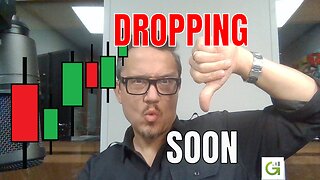 33:36
33:36
Grok Trade
1 year agoStock Market Analysis by Trader w/ 24yr Trading Experience
27 -
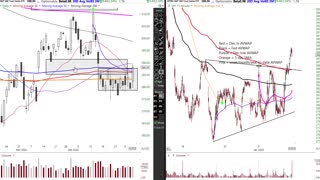 9:15
9:15
Brian Shannon
1 year agoStock Market Technical Analysis from Brian Shannon 1/6/23
7 -
 4:29
4:29
Training2023
1 year agoHow does the stock market work ?
512 -
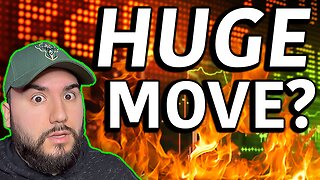 13:16
13:16
Stas Talks Stocks
1 year agoS&P 500 ANALYSIS: 7 STOCKS TO BUY NOW🚀
1 -
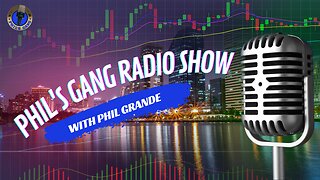 59:46
59:46
The Phil's Gang Radio Show Channel
6 months agoStock Market Analysis 11/17/2023
240 -
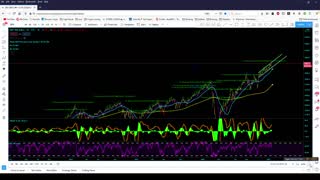 33:15
33:15
GreyReign
3 years ago $0.01 earnedMarket Analysis 1/21/2021
53 -
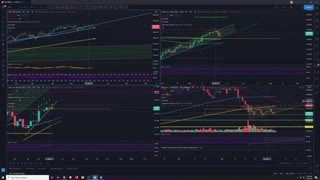 10:33
10:33
Trading
2 years agoMarket Analysis 6/7/2021
16 -
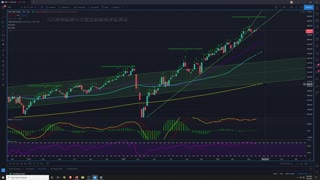 15:01
15:01
Trading
2 years agoMarket Analysis 6/3/2021
15 -
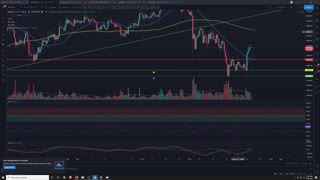 14:28
14:28
Trading
3 years agoMarket Analysis 4/26/2021
13 -
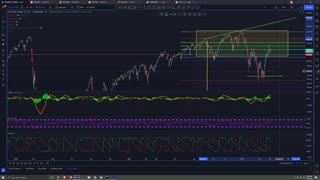 23:53
23:53
Trading
2 years agoMarket Analysis 4/04/2022
5